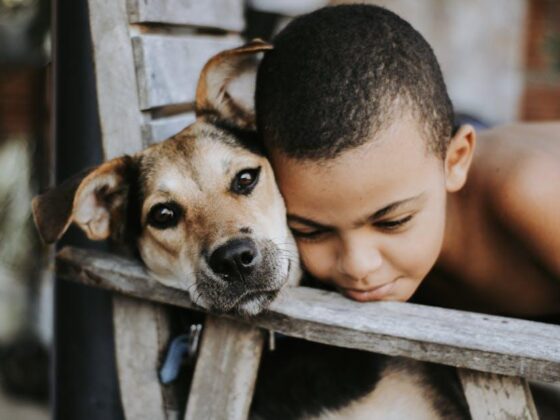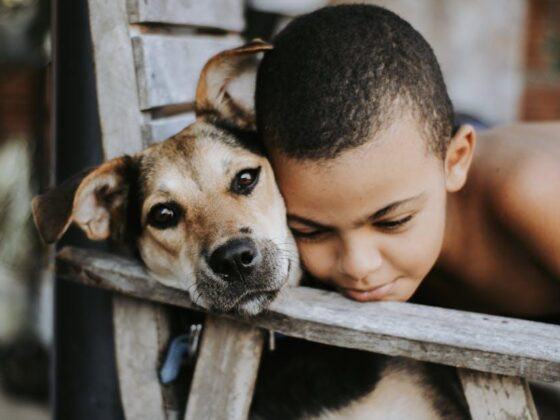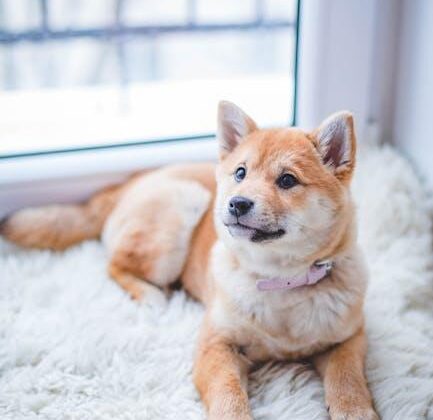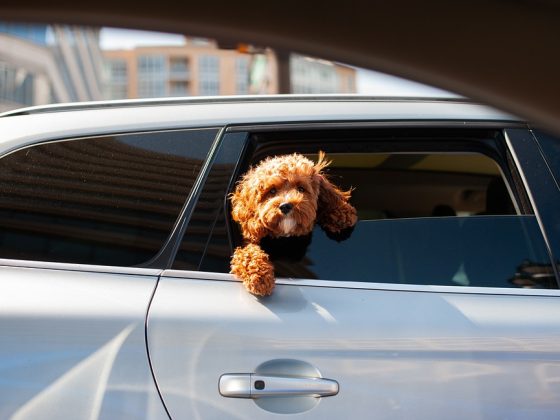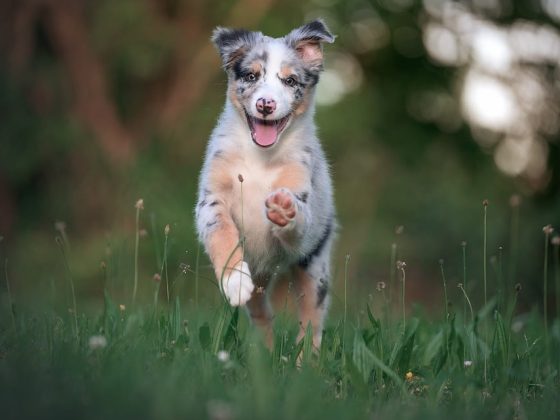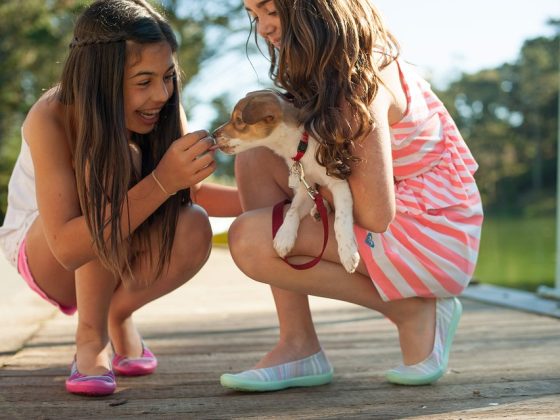Bringing home a new puppy can be an exciting and rewarding experience, but it also comes with a great deal of responsibility. As a new dog owner, it's important to be prepared for the challenges that come with caring for a young pup. Here are some top puppy care tips that every new dog owner should know:
1. Establish a routine: Puppies thrive on routine, so it's important to establish a schedule for feeding, potty breaks, and playtime. This will help your puppy feel secure and confident in their new environment.
2. Socialize your puppy: Socialization is key to raising a well-adjusted and well-behaved dog. Make sure to expose your puppy to a variety of people, animals, and environments from a young age to help prevent behavioral issues later on.
3. Train your puppy: Basic obedience training is essential for teaching your puppy good manners and preventing problem behaviors. Start with simple commands like sit, stay, and come, and be consistent and patient in your training.
4. Provide proper nutrition: A balanced diet is crucial for your puppy's growth and development. Choose a high-quality puppy food that is appropriate for your dog's breed, size, and age, and follow the feeding guidelines recommended by your veterinarian.
5. Keep up with vaccinations: Vaccinations are essential for protecting your puppy from a variety of diseases. Make sure to keep up with your puppy's vaccination schedule and consult with your veterinarian about any additional preventative measures that may be needed.
6. Provide plenty of exercise: Puppies have lots of energy and need plenty of exercise to stay healthy and happy. Make sure to provide daily walks, playtime, and opportunities for mental stimulation to keep your puppy's mind and body active.
7. Keep your puppy safe: Puppies are naturally curious and can get into all sorts of mischief. Make sure to puppy-proof your home by removing any potential hazards, such as toxic plants, small objects, or dangerous chemicals.
8. Groom your puppy regularly: It's important to establish a grooming routine early on in your puppy's life to keep them clean and healthy. Brush your puppy's coat regularly, trim their nails, clean their ears, and brush their teeth to prevent dental issues.
9. Monitor your puppy's health: Keep an eye on your puppy's overall health and well-being. Look out for signs of illness or distress, such as lethargy, vomiting, diarrhea, or changes in appetite, and consult with your veterinarian if you have any concerns.
10. Show your puppy love and affection: Last but certainly not least, make sure to show your puppy plenty of love and affection. Spend quality time bonding with your puppy, cuddle, play, and give them lots of praise and positive reinforcement to build a strong and loving relationship.
FAQs:
Q: When should I start training my puppy?
A: It's never too early to start training your puppy! Basic obedience training can begin as early as 8 weeks of age, but keep in mind that puppies have short attention spans and may need frequent breaks during training sessions.
Q: How often should I feed my puppy?
A: Puppies typically need to be fed 3-4 times a day, depending on their age and breed. Consult with your veterinarian to determine the best feeding schedule for your puppy.
Q: How much exercise does my puppy need?
A: Puppies need plenty of exercise to stay healthy and happy. Aim for at least 30 minutes of exercise per day, but keep in mind that young puppies may need shorter, more frequent play sessions to prevent overexertion.
Q: How can I socialize my puppy?
A: Socialization is key to raising a well-adjusted dog. Take your puppy to puppy socialization classes, introduce them to a variety of people and animals, and expose them to different environments and situations from a young age.
In conclusion, caring for a puppy requires time, patience, and dedication, but the rewards of having a happy and healthy dog are well worth the effort. By following these top puppy care tips and consulting with your veterinarian when needed, you can ensure that your new furry friend gets off to a great start in life.





